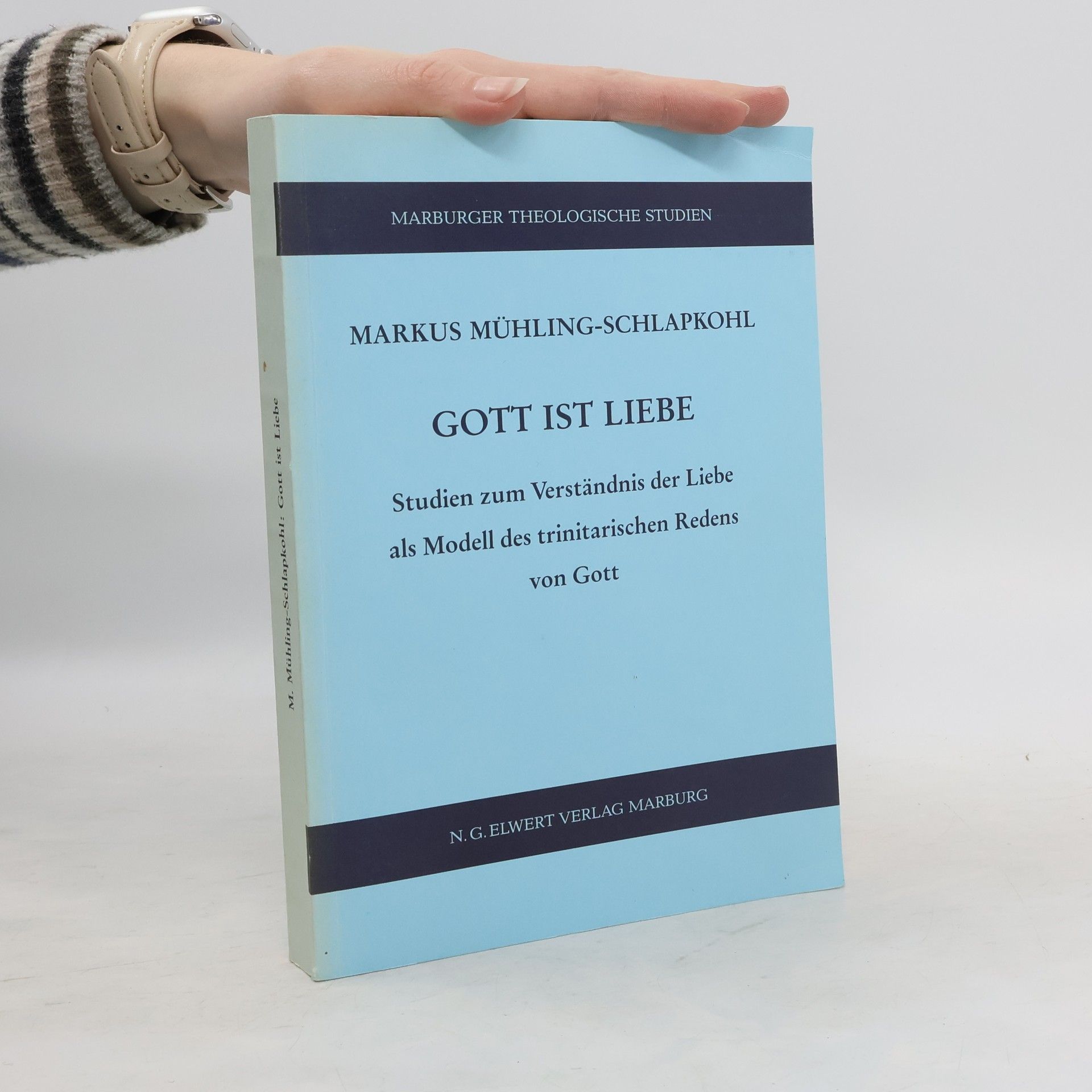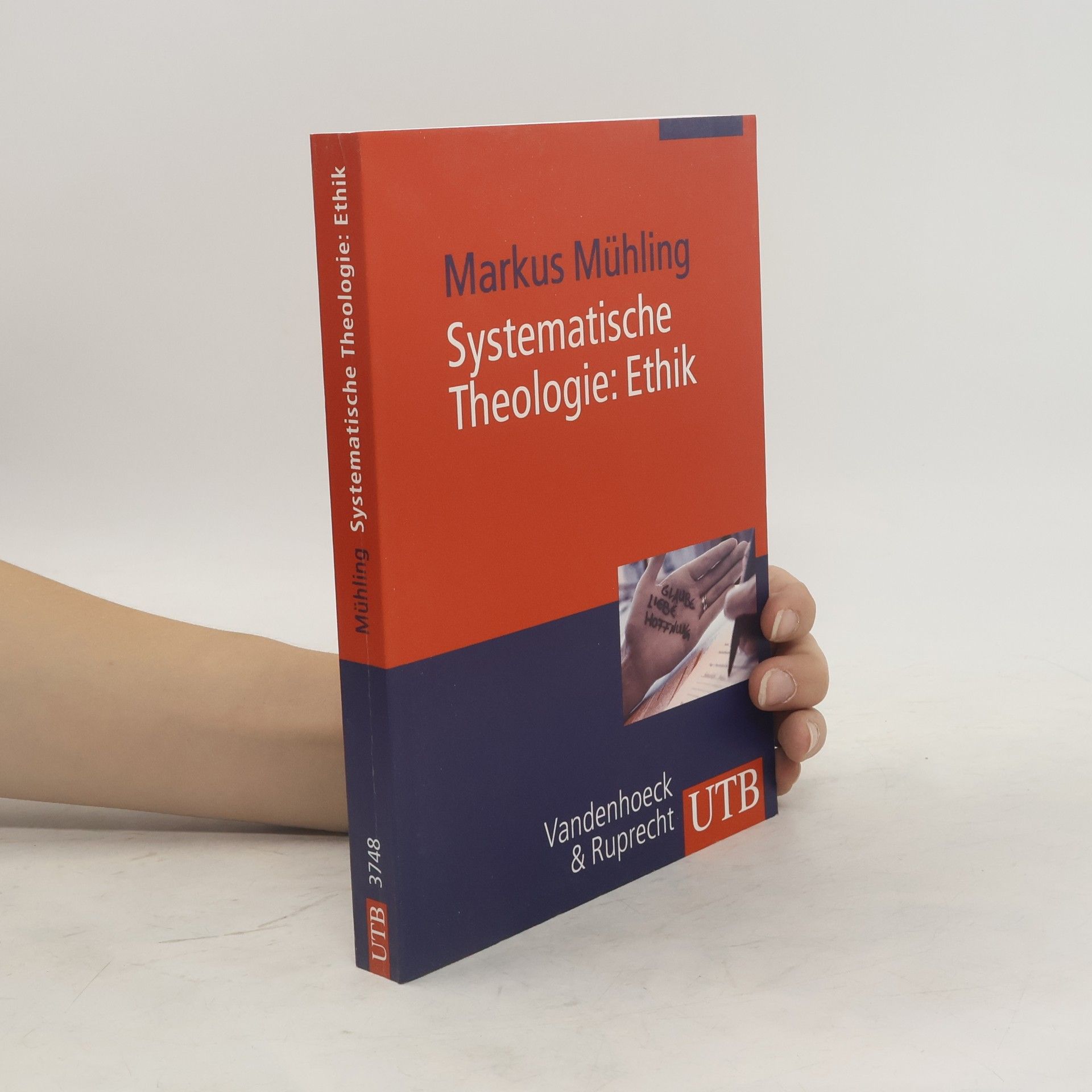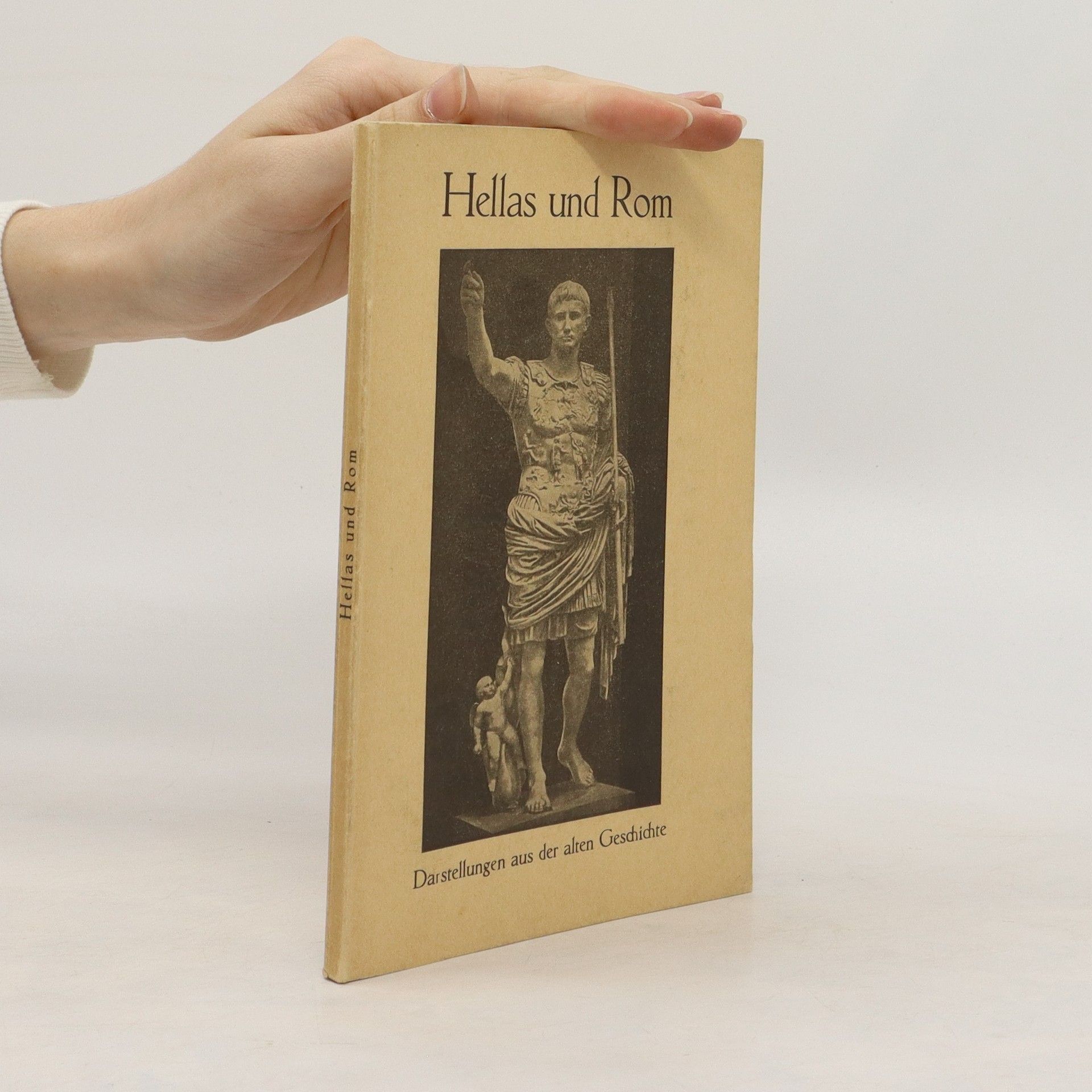Post-Systematic Theology II
The Trinitarian Adventure of Love - Ecological Ways of Creation, Humaning and its Displacement
- 866 páginas
- 31 horas de lectura
This volume explores the concept of divine love through a trinitarian lens, addressing the doctrine of God and the nature of sin. It delves into divine personhood, unity, and attributes, while examining creation through themes like the imago dei, cosmology, and evolution. Humans are portrayed as dynamic relational beings within the created order, with sin viewed as a misalignment in this process. The work emphasizes an ethos of creatureliness and integrates insights from theology, philosophy, and natural sciences, making it a comprehensive interdisciplinary study.



